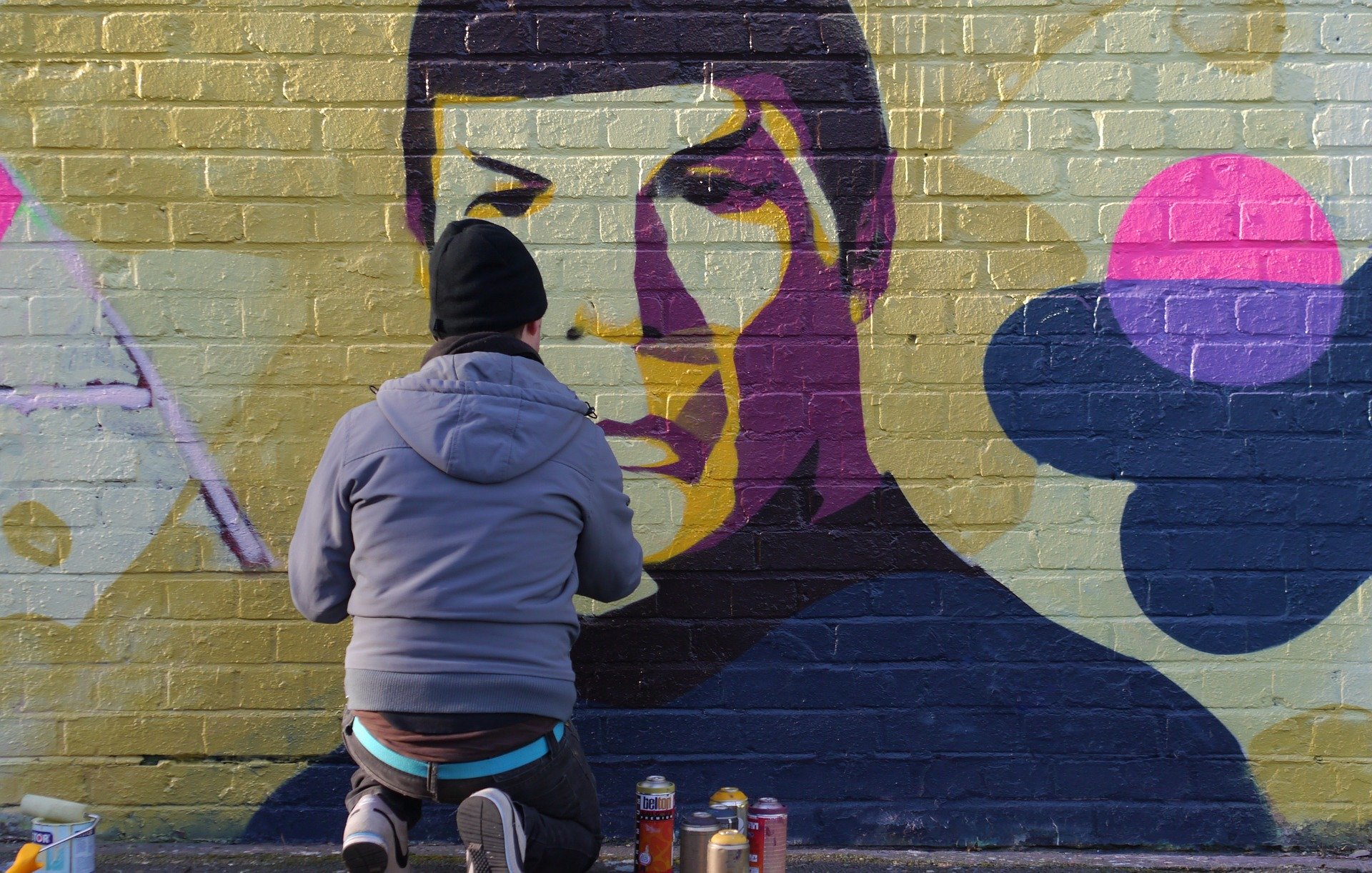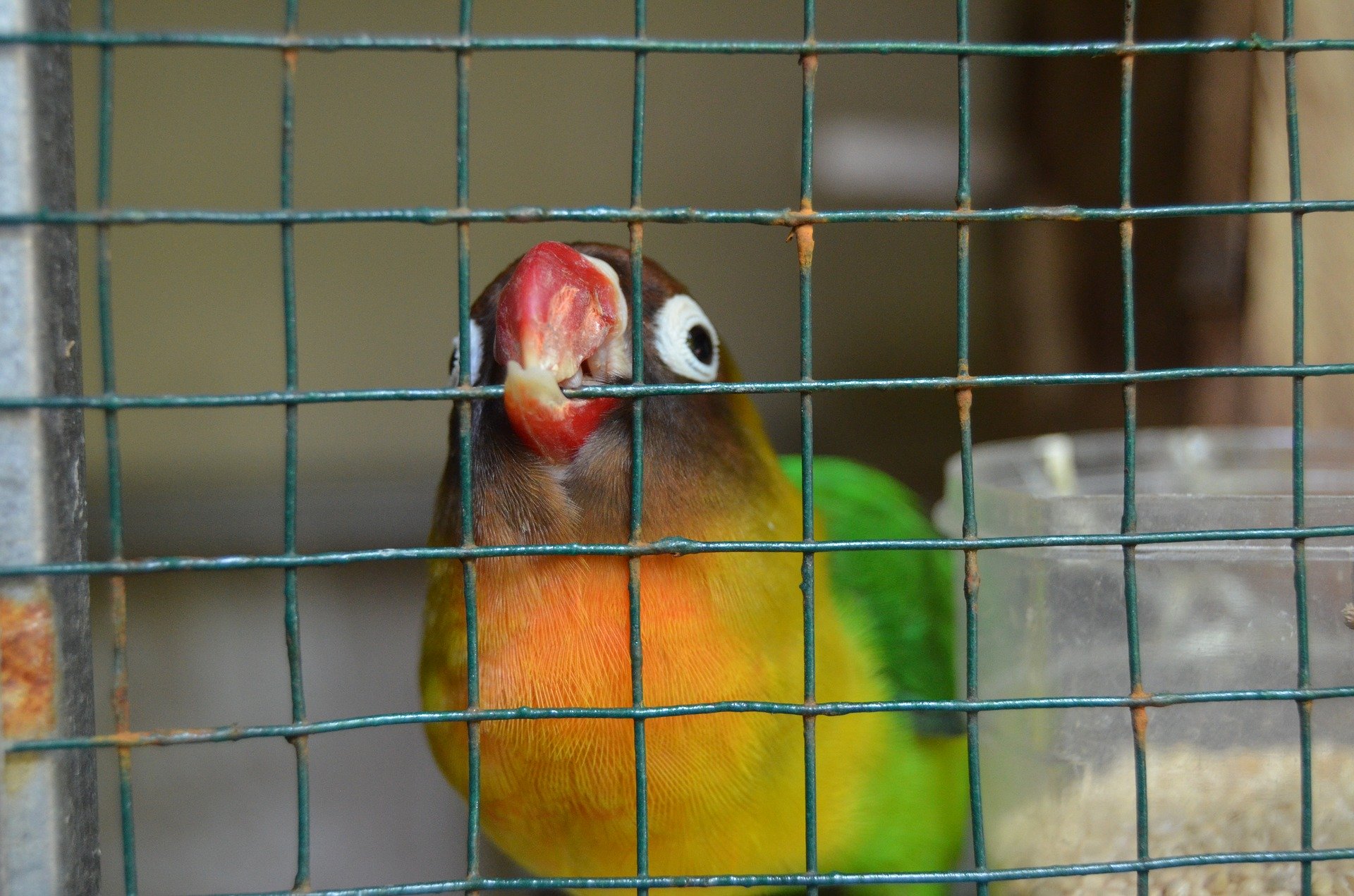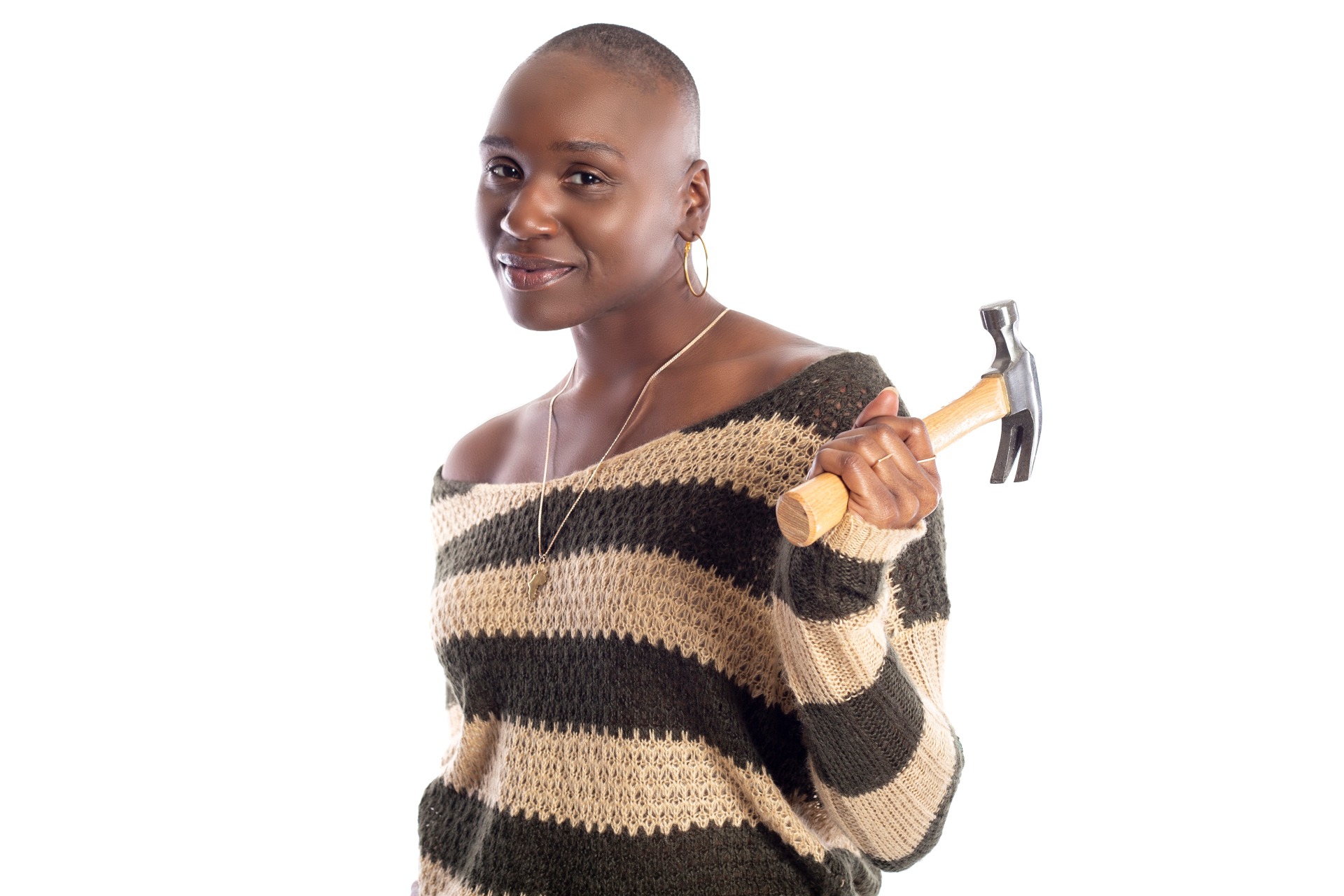It was near midnight in a dark parking lot. I was barefoot and wearing pajamas, sobbing. I gathered myself long enough to tell the police that I would not pressing charges against my ex, despite the fact that several neighbors had called to report screaming, commotion, and objects being thrown out of doors and windows.
I had mustered the courage to end this toxic relationship and I just wanted to go somewhere safe.
★
I am an intellectual who somehow found myself in an unhealthy relationship, embarrassed and deeply unhappy. I thought my life would fall into place if I did good research, read enough books, cited enough sources, and watched enough documentaries. My intellect would keep me safe. But it didn’t—and now, everything was a mess. How did this happen? Why couldn’t I express my feelings when asked?
Looking back now, I can see that I was trapped in the cage of intellectualism.
When Spock and Data Are Your Guides
In earlier life stages, I believed that logic and analysis held the answers to everything. My role models were two Star Trek characters, Spock and Data. These characters are both famous for their preference for logic over emotion. Spock, half human and half Vulcan, practiced elaborate training to subdue his messy human emotions in favor of the logic that Vulcans revered. I smiled each time he delivered his signature response—“Highly Illogical”—in response to emotions. Data, meanwhile, was an android, incapable of emotion. He had no choice but to rely on logic when he observed humans, attempting to understand their inconsistencies.
Ignoring the fact that both Spock and Data struggled in their personal relationships, I envied these characters who avoided the interference of what I had deemed “unnecessary and illogical emotions”—and emulated them often. I wanted to live a life led completely by logic. That became my creed: intellect rules and emotions are illogical.

I didn’t have many friends. This, I was certain, was because I was too intellectual, and people simply didn’t appreciate that. I typically didn’t engage in “frivolous” social interactions in the office, considering them a distraction from work.
One day, however, I made an exception. The conversation was heavy.
“When I had my miscarriage, I was devastated,” one woman was explaining. “I felt a deep sense of loss and grief.”
The woman listening to her nodded in silent agreement. She put a hand on her shoulder.
That’s when I piped up, with a half grin: “You know, miscarriages are great. Medical research shows that spontaneous abortion is the body’s way of guarding against chromosomal abnormalities. Was it during the first twelve weeks? If so, that’s probably the case.”
I’ll never forget the angry glare she gave me.
“I don’t know, it was just….” A tear was forming in her eye. “I lost my baby. I can’t believe you’re so insensitive.”
I wanted to sigh and say, “Highly illogical,” as perhaps Spock would have said if he were in my situation. After all, what I said was factual.,
Intellectualism also comically failed me in romantic relationships. Once I read an article that said putting my hand on the small of a woman’s back would make her trust me and feel secure, building her attraction to me by releasing oxytocin.
I tried this consistently with one woman, across eight or nine dates. According to my research, people decide to go exclusive after an average of nine dates, so I expected favorable results. After all, I had done everything science said to develop attraction. So I was quite surprised when this woman sat me down to discuss the status of our interaction. It turned out that she thought I was “nice,” but had decided to pursue a relationship with someone else.
I was devastated. Well, my research was technically correct: she made the decision about exclusivity all right—she just chose someone else.

Logic Says…Something Is Wrong
It seemed that what I had said about miscarriages hurt my coworker. And that wasn’t the first time I’d been in that situation. I asked myself, how would I feel if I had experienced that type of loss? Maybe I was insensitive. If I always had facts, was it still required for me to understand my own or other people’s feelings?
Then came the abusive relationship. My friends and family had been worried about me. But whenever they asked how I was feeling, I would respond with data. Fact: Did you know that, of all women killed after leaving abusive relationships, seventy percent are killed within the first weeks of leaving? “See,” I said, “statistics say I just need to stay safe for the next few weeks.”
Back then, I couldn’t understand why my coworker who had the miscarriage went out of her way to avoid me. I didn’t get why, after all my research on boosting oxytocin, that woman chose someone else. And I didn’t get why my statistics didn’t keep me safe in my relationship. But I do now.
It terrified me to feel my emotions, so I fell back on rationality. I knew I was good at using my intellect, so I relied on it to soothe me during times of anxiety and uncertainty.
It terrified me to feel my emotions, so I fell back on rationality. I knew I was good at using my intellect, so I relied on it to soothe me during times of anxiety and uncertainty.
Assuming I was just “too smart” for all those emotional people was my first facile conclusion. But then I realized that I’d seen very smart people have large circles of friends and be well loved and accepted, so being too smart couldn’t be the problem. Even if my intellect was my hammer, not everything is a nail.

I had been hammering everything in sight—and this hurt people. To make it through life, other tools are required. The more pure intellectualism failed me, the more I began to ask whether I could develop skill with other tools to use alongside my intellect. Things like empathy, diplomacy, and conscientiousness—skills that would let me communicate and connect authentically and deeply.
Putting Down the Hammer, Stepping Out of the Cage
That moment with the police in the parking lot was the lowest point of my life. And I never wanted to end up somewhere like that again.
I had felt safe in the cage of intellectualism because it shielded me from emotional engagement. As long as I had facts, figures, theories, and studies, the uncertainty of life wasn’t supposed to be able to hurt me.
I had felt safe in the cage of intellectualism because it shielded me from emotional engagement. As long as I had facts, figures, theories, and studies, the uncertainty of life wasn’t supposed to be able to hurt me.
But it did. So perhaps it was time to peek my head outside of my protective intellectual cage.
It wasn’t easy—I had to work to develop skill with those other tools. When that woman chose another partner over me, I was still tempted to suppress my emotions, brushing them all off as “highly illogical.” But I couldn’t ignore those strong feelings of disappointment, sadness, and jealously. When I accepted these emotions and understood what they were telling me, I sensed that the key to landing my next date wasn’t in a book or a research paper. The only answer was to get back into the dating pool and try again—and lean on the other skills I was working to develop, including empathy, humor, and conversational ability. Most importantly, I had to learn how to accurately articulate my emotions and be comfortable with being wrong sometimes.

Stepping out of the cage of intellectualism was absolutely terrifying—and absolutely essential. Since I took that step, I’ve had more success in relationships and romance than I had in my entire life before that. And that’s because I put down the books and strategies, stopped sitting on the bench studying them, and got out on the field to play.
Emotions aren’t the enemy: they are important messengers that help us connect and move toward situations that work for us. I’ve updated my creed: intellect sometimes rules, but without emotion, it can become a cage.




